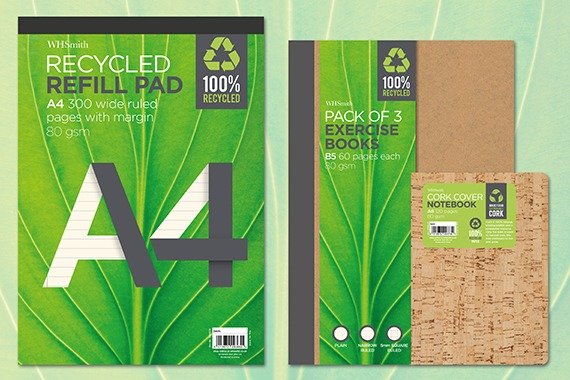Planet
Climate change and resource scarcity are complex, global challenges continuously affecting businesses and their suppliers. For WHSmith to be more sustainable, we must use the world’s resources wisely and play our part in tackling climate change and we are therefore committed to reducing the environmental impacts of our operations and our supply chain.
We are reducing carbon emissions through energy efficiency, investing in renewables and encouraging our supply chain to join us on a pathway to net zero. Our waste reduction activities are minimising waste from packaging, reducing our use of plastics and seeking to eliminate food waste. We are also making it easier for customers to recycle our products and the packaging that they are sold in. And we have taken steps to ensure our products do not impact the world's forestry resources. Further information on our approach is available in our Environmental Policy.
We are aiming to:
Achieve net zero Greenhouse gas emissions by 2050. Our near-term targets have been validated by the Science Based Targets initiative.
Reduce the environmental impact from our packaging and materials by reducing waste and minimising plastic packaging.
Achieve net zero deforestation by ensuring forestry materials in own-brand products and core non-trade goods come from recycled or certified sources.
Climate Action
Climate change is the biggest environmental threat that the world faces and has the potential to impact our operations and supply chain activities in several ways. Our impact comes from carbon emissions generated by the energy used to light, heat and cool our buildings; the fuel used for transporting stock and our employees to travel; and emissions in our supply chain from producing and transporting materials and products. We’ve been working for many years to reduce the amount of energy and fuel we use, recognising opportunities to reduce our overall carbon emissions and the associated operating costs.
Our overall climate target is to become a net zero emissions business by 2050. Our definition of net zero means an intention to reduce Scope 1, 2 and 3 emissions by at least 90% by 2050 (from a 2020 baseline) before neutralising any residual emissions. Scope 3 emissions within this target include emissions from Purchased Goods and Services and Upstream Transport and Distribution, which represent the majority of our carbon footprint. Our validated science based targets are:
- By 2030: to reduce absolute Scope 1 and 2 GHG emissions by 80% from a 2020 base year
- By 2027: 75% of suppliers by emissions covering Purchased Goods and Services and Upstream Transportation and Distribution will have science based targets
Stores in the UK, Europe and USA use 100% renewable electricity.
We utilise a centralised building management system in all our larger Travel stores, allowing us to quickly identify any discrepancies from energy and fuel use and take appropriate action. We use the electronic system to benchmark performance and optimise energy settings for lighting, heating and air conditioning. We have also invested in energy efficient lighting and refrigerators which has resulted in significant reduction in emissions. Our UK, USA and European estate is now powered by electricity which is 100% renewable.
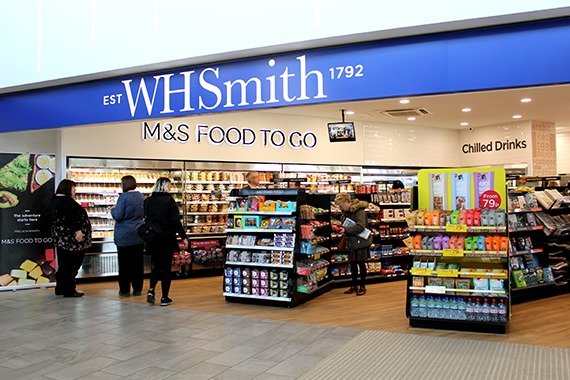
We have reduced our emissions from transporting goods by almost 30% per pallet since 2007.
Our transport delivery network from our distribution centres to our stores is a long and complex one, covering over a thousand sites the length and breadth of the UK. We’ve been working hard to reduce the emissions from the vehicles which carry products between our distribution centres and stores by optimising routing and delivery frequencies to stores.
Where we can, we look for opportunities to collaborate with our suppliers and other companies to reduce emissions, by sharing vehicles, particularly in more sparsely populated areas. Where possible, we share space in our lorries and reduce traffic on the roads. If a supplier site is near to one of our transport routes, we collect products from their site, using spare capacity in our lorries and reducing the overall emissions associated with transporting our products. Although business travel is a small proportion of our overall carbon footprint, we continue to try to minimise the impact by asking employees to consider whether travel is necessary and encouraging them to use public transport.
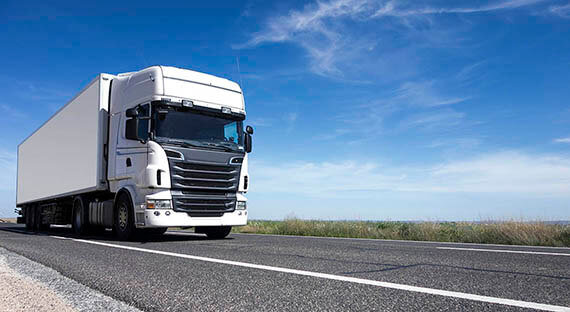
Waste, Packaging and Plastics
The use of resources and the subsequent generation of waste have an impact on the environment: non-renewable energy and virgin raw materials used in manufacturing and production are finite and cannot be easily replaced; and waste materials impact the air, land and marine environments when they are no longer needed. Transitioning to a circular economy, where materials are used more effectively, is essential if we are to conserve precious resources and minimise waste.
We’ve reduced operational waste by over 20% over the past 5 years.
Most of our waste comes from the cardboard and plastic packaging which is used to protect the quality and integrity of goods during transit. We’re working hard to minimise the quantity of packaging which is needed so that materials are reduced at source. We have re-usable skips to transport goods between our distribution centres and stores. We operate a dry mix recycling system which enables us to recycle most forms of waste, including paper, card, plastics and metals in our stores, distribution centres and offices. Our stock control and discounting strategies help us to minimise food waste from out-of-date product.
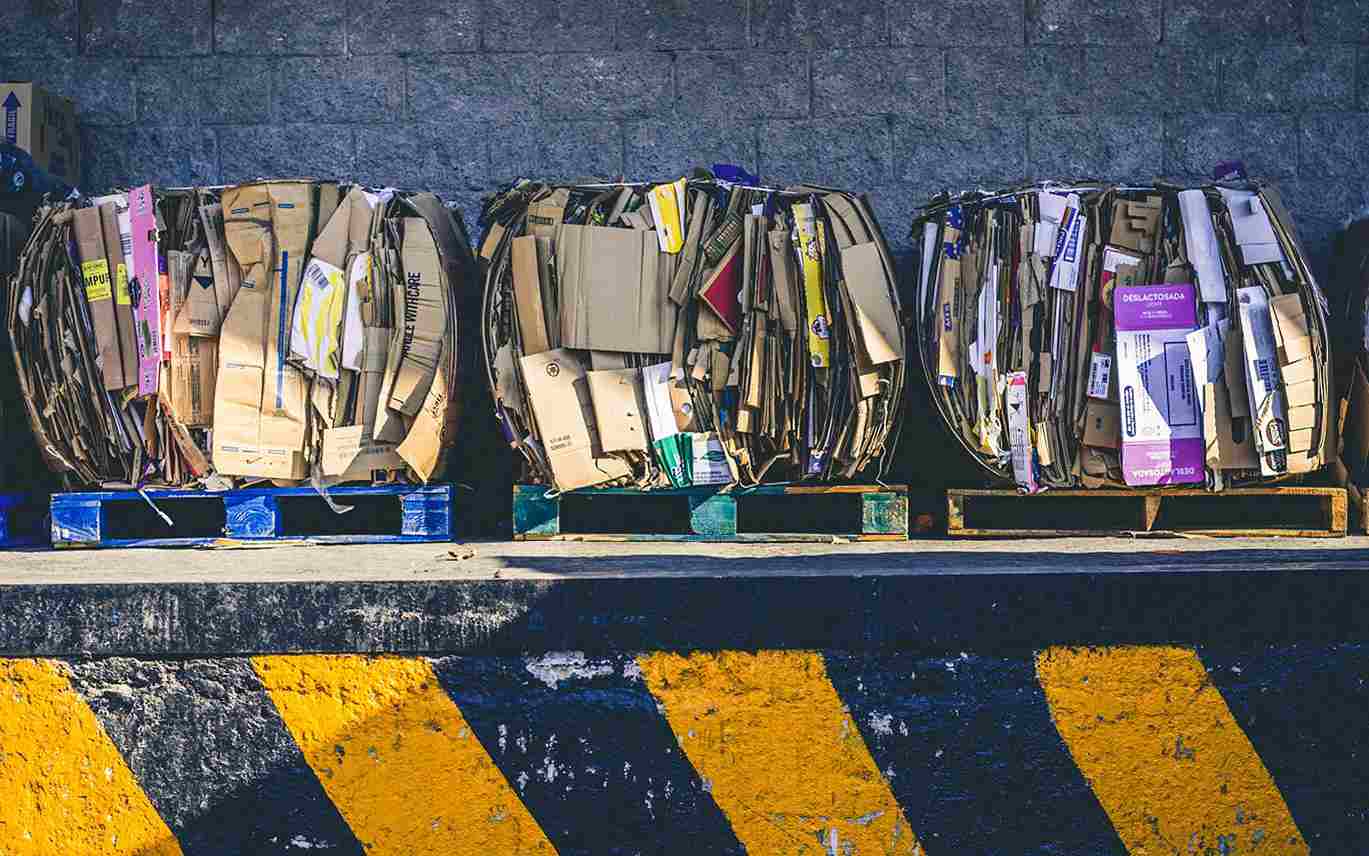
Our bottled water ranges are now sold in bottles made from 100% recycled plastic.
We continue to look at ways of reducing the impact from single-use plastic and have now moved all water ranges to bottles made from 100% recycled plastic. We have introduced a much wider range of refillable bottles into stores. Some of our newer stores have water refilling stations so that customers can refill their reusable bottles free of charge.
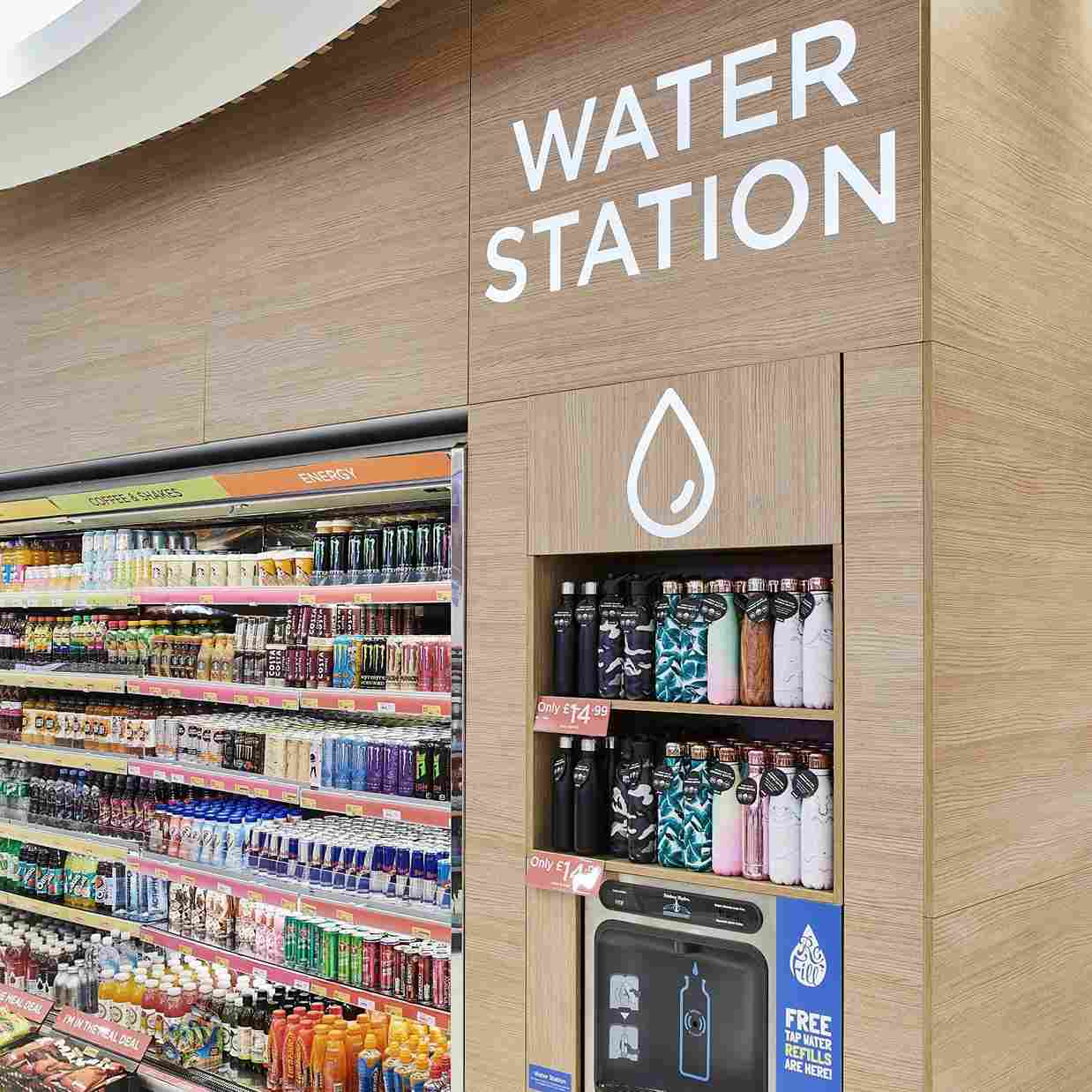
Sustainable Forestry
Forests play a critical role in our global ecosystem. They provide protection from climate change, are a vital source of oxygen and biodiversity and provide livelihoods for the many millions of people who live and work in them.
Forests are increasingly under threat and the trade in illegal timber is contributing to their demise. Paper and card-based products are a core part of our business and we need to ensure that these materials are sourced sustainably.
We use pulp from recycled or certified sources in all of our own-brand stationery products.
All of our stationery suppliers must meet the standards set out in our Sustainable Forests Policy, which require any materials to be made from recycled or certified sources. We use the two leading global standards developed by the Forest Stewardship Council (FSC) and the Programme for the Endorsement of Forest Certification (PEFC) for certification. This policy applies to all of our own-brand stationery products and to goods we buy that are not for resale.
Our sourcing teams in the UK and in Asia work with our suppliers to help them understand our requirements and how the data they provide is needed to demonstrate that the pulp, paper or timber used in a WHSmith product is sourced from a certified or recycled source. When placing orders we seek certification or evidence of recycled content for 100% of WHSmith branded products which contain pulp, paper, board or timber.
